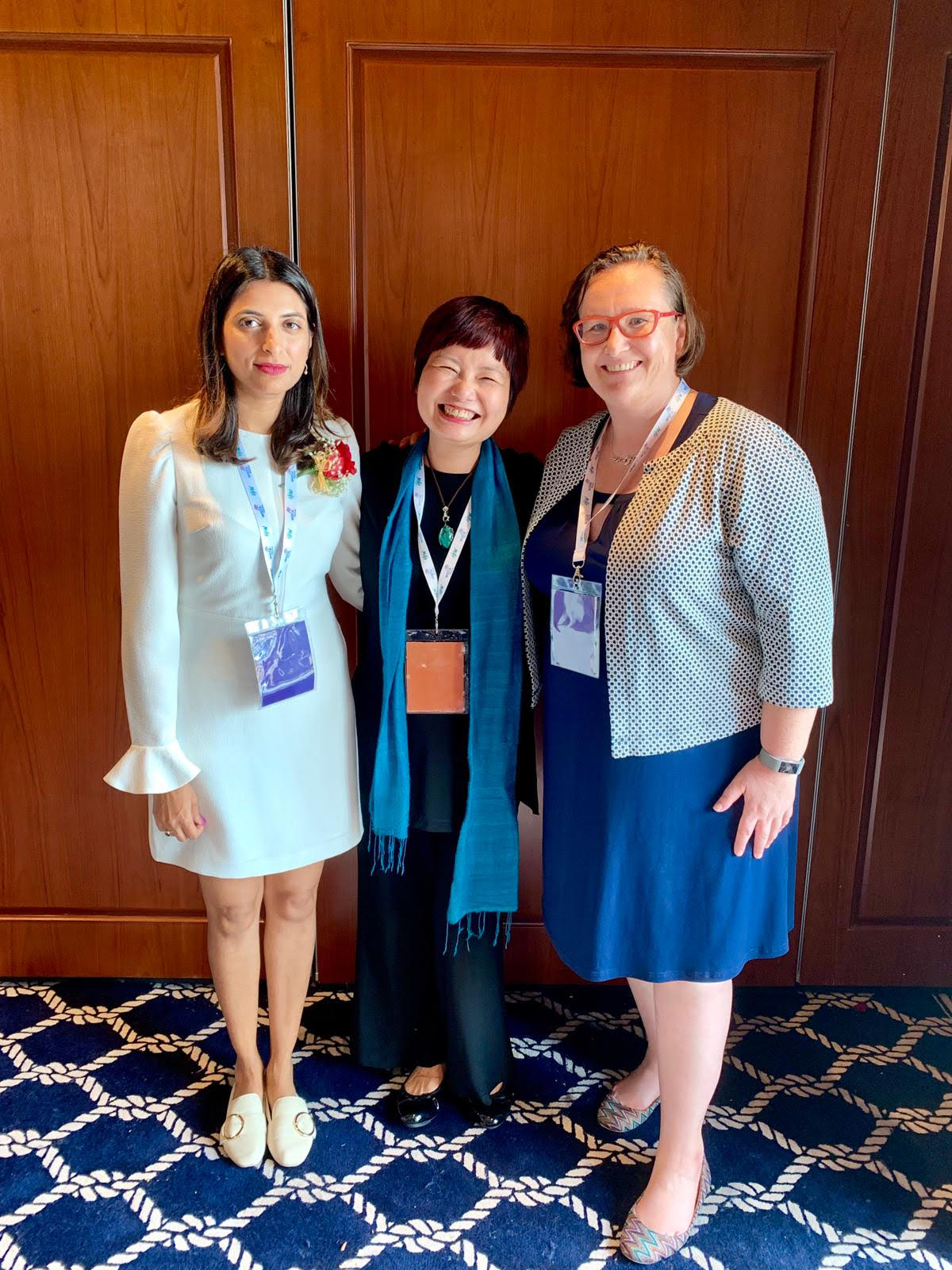Mentors and Mentoring
What is mentoring and how can you get the best out of it?
According to Management Mentors, "Mentoring is most often defined as a professional relationship in which an experienced person (the mentor) assists another (the mentoree/mentee) in developing specific skills and knowledge that will
enhance the less-experienced person’s professional and personal growth".
In May, I was fortunate enough to run one of the workshops for the Women in Law Hong Kong (WILHK) for their 2019 Mentoring Program. The room was filled with nearly 20 participants, smart men and women, mentors and mentees, professionals from the legal industry, eager to grow, learn, share and add value. This training workshop, as well, as my experience mentoring at Resolve Foundation inspired me to share some simple tips about mentoring, some things that I hope will help you in this relationship of mutual learning and growth.
So, here it is!
1. Identify the why
Why are you looking for a mentor? Or why do you want to be a mentor? Do you have a clear reason and purpose? Your mentor can help you find solutions within your business, career or personal development. However, to find a mentor, you must first look at the why, and also offer them something of value, rather than only wanting to get something from them. People want to be helpful, but they also want to feel like they are gaining something back, be it appreciation, visibility, reputation or whatever that may be.
As a Mentee, it is important to tell your mentor why you are looking for a mentor, as well as ask he/she a simple question: "Is there anything I may do in return for your support and mentoring?"
As a Mentor, the key is to stay humble and empathetic. How wonderful it is that someone is looking up to us for help and that we are in a position of adding value. An important element is also to reflect: "Why am I potentially a good mentor for this person? How can I truly be of help? How can I be a good listener? But how do I stay humble and keep on learning from this experience, as well as sharing skills and experiences what can be of help to this person?"
2. Identify the mentor
Find someone that you admire, but someone that is different than you. There is real value in diversity and in gaining different perspectives. Think of what you need to improve and what the gaps may be in your development. If possible do a psychometrical test, like an MBTI, DiSC, TMP or a free online version like 16personalities to look at your strengths, weaknesses and areas to be developed. This will help you have a higher self awareness and know what kind of mentor to look for.
Ideally, mentor and mentee should do a psychometrical test to be more aware of their personality type, communication style and preferences.
3. Have a chemistry session before committing
It is so important to find out if there is a good chemistry between mentor and mentee, just as we do in a coaching arrangement. There may be admiration and similarities but not the "right chemistry". If the right chemistry is not present, the mentoring sessions will not flow from an "ideal match" to a "productive match". So, how do you know if there is the "right chemistry"? After meeting a potential mentor, ask yourself: "Is there mutual admiration? Open communication? Empathy? Trust? A promise of open feedback?" If the answer to these questions is "yes", then go for it!
4. A mentor is not a manager, nor a God
Expectations. Expectations. Expectations.
When looking for a mentor; mentees may have a misconception that the mentors know it all and will tell you exactly what to do and how to do it. Or mentors may have too high a perception of themselves. There needs to be balance here and an expectation alignment.. Mentors are not your managers, nor are they Gods. A good mentor will guide you. He/she will make you reflect and build better practices, share the structures and habits that have worked well for them. Instead of telling the answers point by point; a good mentor will often ask the right questions to help the mentee come up with the best solutions and strategies that work for them! A good mentor will also be open to different answers and solutions, rather than having a single and narrow response in mind.
5. Be open minded and proactive
You may have a pre-conception of what a mentoring relationship should look like or be like, and a period of time that you hope it will last. However, mentoring engagements can be as short as a few weeks, as lasting as many years, or a life long relationship. Be open minded to what yours can look like; and be proactive in learning, asking questions, acting and making it happen.
The truth is that although a mentor can help you think through better solutions and avoid some mistakes in your development, what happens next in your life is always your choice.
By Mônica Zionede Hall
If you need help creating or developing a Mentoring Program for your company or Firm, please reach out to us. FELIZ Consulting help clients with Mentoring programs, training workshops on mentor/mentee expectations, chemistry/facilitation fun sessions and more. We would love to hear from you!
Highlights: May and June
Mentoring Program Workshop for Women in Law Hong Kong (WILHK)- May 2019
First Impressions, Personal Branding and Executive Presence training workshop, By Mônica Z Hall
Women's International Shipping and Trading Association (WISTA) Asia-Pacific Regional Conference 2019- June 2019
Wonderful to have FELIZ Consulting take part in the WISTA Hong Kong Asia-Pacific Regional Conference 2019





